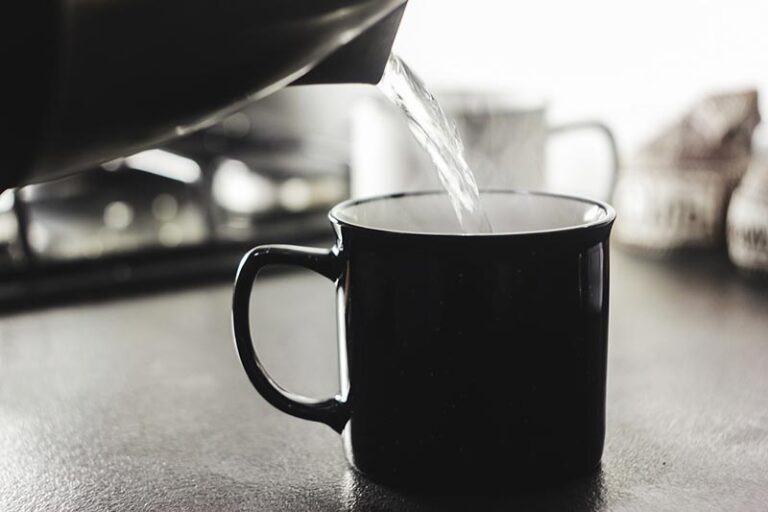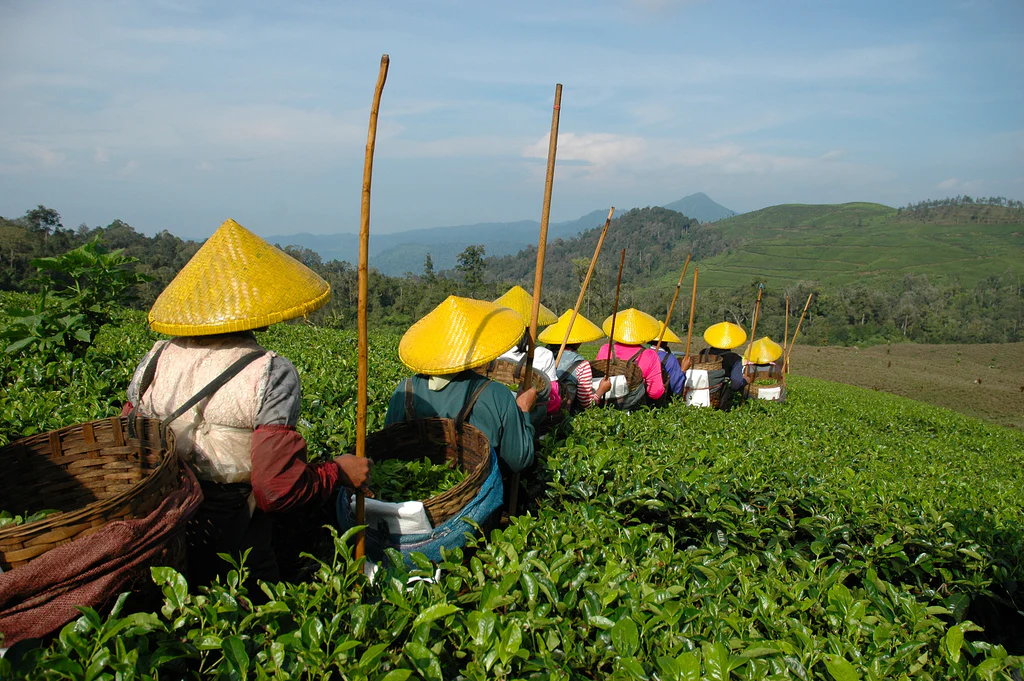
How Water Quality Changes the Taste of Your Brew
When it comes to making the perfect cup of tea or coffee, most people focus on the leaves, beans, or

Tea has a long and storied history, with countless varieties and blends that cater to every palate. Among these, one name that often piques curiosity is “Orange Pekoe.” Despite its intriguing title, this tea is frequently misunderstood. Let’s delve into what Orange Pekoe tea truly is, its origins, and what makes it a beloved choice for tea enthusiasts around the world.
Contrary to what its name might suggest, Orange Pekoe has nothing to do with the flavour of oranges. Instead, it refers to a specific grading system used primarily for black tea. The term “Pekoe” (pronounced “peck-o”) originates from the Chinese word “pak-ho,” which describes the downy tips of young tea leaves. The word “Orange” in Orange Pekoe is believed to be a nod to the Dutch House of Orange-Nassau, signifying quality and exclusivity.
Orange Pekoe is not a single type of tea but a category that includes various grades of black tea. The grading system for Orange Pekoe tea focuses on the size and quality of the tea leaves, rather than the flavour or origin. Here’s a breakdown of the primary grades:
Orange Pekoe tea primarily comes from regions renowned for their black tea production, such as India (Assam and Darjeeling), Sri Lanka (Ceylon), and Kenya. The process of producing Orange Pekoe involves several key steps:
Orange Pekoe tea offers a diverse range of flavours depending on its grade and origin. Generally, these teas have a robust and full-bodied character with a smooth finish. The higher the grade, the more nuanced and delicate the flavour, often featuring floral, fruity, or malty notes. A cup of well-prepared Orange Pekoe tea provides a rich, aromatic experience that can be enjoyed plain or with a splash of milk and sugar.
To brew the perfect cup of Orange Pekoe tea, follow these steps:
Orange Pekoe tea is not only a delightful beverage but also comes with several health benefits:
Orange Pekoe tea, with its rich history and refined grading system, stands as a testament to the art of tea cultivation. Whether you are a seasoned tea aficionado or a curious newcomer, exploring the various grades of Orange Pekoe offers a journey through some of the finest black teas available. So, brew yourself a cup, savour the flavours, and join the ranks of tea lovers who appreciate the subtle complexities of this timeless beverage.
Shop the range of loose leaf teas here Penningtons – Penningtons Tea & Coffee (penningtonscoffee.co.uk)

When it comes to making the perfect cup of tea or coffee, most people focus on the leaves, beans, or

When choosing tea, one of the most common questions is whether loose leaf tea is better than tea bags. While